Edible Food Recovery
NEW! Apply by October 31, 2024: SB 1383 Edible Food Recovery Program – Grant Funding Opportunity, FY 24/25
Food recovery means collecting edible food that would otherwise go to waste and redistributing it to feed people in need. This is the highest and best use for food that would otherwise go to waste. Feeding hungry people through food recovery is the best use for surplus food and a vital way for California to conserve resources and reduce waste thrown in landfills.
To reduce food waste and help address food insecurity, SB 1383 requires that by 2025 California will recover 20 percent of edible food that would otherwise be sent to landfills, to feed people in need. The law directs the following:
- Jurisdictions must establish food recovery programs and strengthen their existing food recovery networks
- Food donors must arrange to recover the maximum amount of their edible food that would otherwise go to landfills
- Food recovery organizations and services that participate in SB 1383 must maintain records
Food Generators are Required to Participate in Food Recovery Activities
- Edible food generators must recover and donate the maximum amount of their edible food that would otherwise go to the landfill.
- Regulations require that mandated food donors establish contracts or written agreements with food recovery organizations and services.
- Food recovery organizations and services vary in the amount and types of food they can receive.
- The law requires mandated food donors to maintain records of their food donation activities.
Did you know that one in four people in Monterey County are hungry? Your business can help reduce food insecurity by donating edible food.
Contact the Monterey County Food Bank by calling Priscilla Zarceno at 831-758-1523 or email pzarceno@food4hungry.org or contact a local food recovery organization to inquire about donating.
Local Food Recovery Organizations
If you have edible food that you want to donate, please reach out to one of our local Edible Food Recovery Organizations. Your food donation serves local Monterey County residents in need.
Funding for Edible Food Recovery Organizations
One in four people in Monterey County are hungry; the network of food pantries and food rescue organizations that serve those most vulnerable residents are mainly non-profits that rely on donations and volunteers.
As food insecurity has no boundaries, all jurisdictions in Monterey County are working collaboratively to contribute this grant. This annual funding opportunity intends to award a total of up to $100,000 to non-profit organizations, businesses, or public entities that collect, generate, and distribute food to those in need within the County.
The next funding cycle will be announced in Summer 2023.
“This generous grant funding truly makes a difference in the lives of the working low-income families, farmworkers, and elderly, disabled, and unsheltered residents of the Pajaro Valley,”
Ashley Bridges
Executive Director at Pajaro Valley Loaves & Fishes
2022-2023 Food Recovery Grant Awards
The current Edible Food Recovery Grant cycle awarded a total of approximately $76,000 to five local feeding organizations.
Congratulations to the following organizations and thank you for making a difference in the community:
Boys & Girls Club of Monterey County,
Salvation Army of Salinas
Salvation Army of Monterey Peninsula
Salvation Army of Monterey County
St. George’s Episcopal Church in Salinas
Pilot Food Recovery Grant Awards – 2022
The first five recipients of the new pilot grant awards were announced June 16, 2022. The pilot grant program was developed by the Edible Food Recovery (EFR) Technical Advisory Committee (TAC), a subcommittee of the larger SB 1383 TAC. The EFR TAC was created the grant program to begin increasing the local capacity for food recovery organizations to be able to accept, collect, store and distribute more food.
A total of 13 applications were received totaling over $202,000 in requested funding. The top five highest scored applications awarded are local feeding organizations throughout Monterey County and each will receive $20,000.
Congratulations to the following organizations and thank you for making a difference in the community:
PV Loaves & Fishes, serving the North Monterey County area
Dorothy’s Place, which serving the Salinas area
Meals On Wheels of Salinas Valley, serving the entire Salinas Valley
Victory Mission, serving Salinas and Peninsula Cities
Shoreline Church, serving all of Monterey County and its cities
The grant is intended to expand and enhance edible food recovery programs at food rescue organizations and services operating within the region to better accommodate state mandates and broaden community operations by:
Increasing the capacity of local food rescue organizations and services operating within the County;
Assisting in funding the purchase of equipment (i.e., commercial refrigerators and freezers), materials, and supplies that increase the total pounds of edible food an organization is able to recover and distribute to those in need;
Improving the region’s ability to respond to and comply with SB 1383 mandates, enabling businesses to donate the maximum amount of edible or prepared food that would otherwise be disposed of; and
Ensuring food safety as edible food recovery donations increase.
SB 1383 Requirements
Contract or Written Agreement with Food Recovery Organization or Service Requirement
Commercial edible food generators shall arrange to recover the maximum amount of edible food that would otherwise be disposed. A commercial edible food generator shall comply with the requirements of this section through a contract or written agreement with any or all of the following:
Food recovery organizations or services that will collect their edible food for food recovery.
Food recovery organizations that will accept the edible food that the commercial edible food generator self-hauls to the food recovery organization for food recovery.
A large venue or large event operator that does not provide food services, but allows for food to be provided, shall require food facilities operating at the large venue or large event to comply with the requirements of this section.
A commercial edible food generator shall comply with the requirements of this section unless the commercial edible food generator demonstrates the existence of extraordinary circumstances beyond its control that make such compliance impracticable. If an enforcement action is commenced against a commercial edible food generator for noncompliance, the burden of proof shall be upon the commercial edible food generator to demonstrate extraordinary circumstances. For the purposes of this section extraordinary circumstances are:
A failure by the jurisdiction to increase edible food recovery capacity as required in Section 18991.1.
Acts of God such as earthquakes, wildfires, flooding, and other emergencies or natural disasters.
An edible food generator shall not intentionally spoil edible food that is capable of being recovered by a food recovery organization or service.
Record Keeping Requirements
Commercial edible food generators
Commercial edible food generators shall arrange to recover the maximum amount of edible food that would otherwise be disposed. A commercial edible food generator shall comply with the requirements of this section through a contract or written agreement with any or all of the following:
· Food recovery organizations or services that will collect their edible food for food recovery.
· Food recovery organizations that will accept the edible food that the commercial edible food generator self-hauls to the food recovery organization for food recovery.
A large venue or large event operator that does not provide food services, but allows for food to be provided, shall require food facilities operating at the large venue or large event to comply with the requirements of this section.
A commercial edible food generator shall comply with the requirements of this section unless the commercial edible food generator demonstrates the existence of extraordinary circumstances beyond its control that make such compliance impracticable. If an enforcement action is commenced against a commercial edible food generator for noncompliance, the burden of proof shall be upon the commercial edible food generator to demonstrate extraordinary circumstances. For the purposes of this section extraordinary circumstances are:
· A failure by the jurisdiction to increase edible food recovery capacity as required in Section 18991.1.
· Acts of God such as earthquakes, wildfires, flooding, and other emergencies or natural disasters.
· An edible food generator shall not intentionally spoil edible food that is capable of being recovered by a food recovery organization or service.
o Food recovery organization
“Food recovery organization” means an entity that engages in the collection or receipt of edible food from commercial edible food generators and distributes that edible food to the public for food recovery either directly or through other entities including, but not limited to:
· A food bank as defined in Section 113783 of the Health and Safety Code;
· A nonprofit charitable organization as defined in Section 113841 of the Health and Safety code; and,
· A nonprofit charitable temporary food facility as defined in Section 113842 of the Health and Safety Code.
A food recovery organization shall maintain a record of:
· The name, address and contact information for each commercial edible food generator that the organization receives edible food from.
· The quantity in pounds of edible food received from each commercial edible food generator per month.
· The name, address and contact information for each food recovery service that the organization receives edible food from for food recovery.
Food Recovery Service
“Food recovery organization” means an entity that engages in the collection or receipt of edible food from commercial edible food generators and distributes that edible food to the public for food recovery either directly or through other entities including, but not limited to:
· A food bank as defined in Section 113783 of the Health and Safety Code;
· A nonprofit charitable organization as defined in Section 113841 of the Health and Safety code; and,
· A nonprofit charitable temporary food facility as defined in Section 113842 of the Health and Safety Code.
A food recovery organization shall maintain a record of:
· The name, address and contact information for each commercial edible food generator that the organization receives edible food from.
· The quantity in pounds of edible food received from each commercial edible food generator per month.
· The name, address and contact information for each food recovery service that the organization receives edible food from for food recovery.


